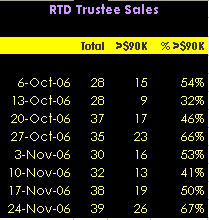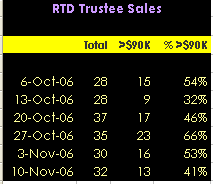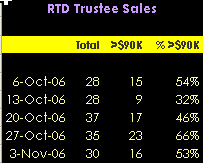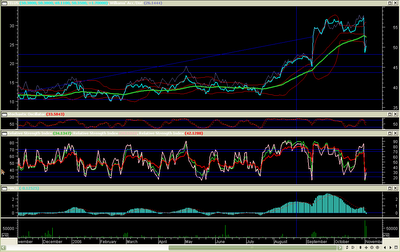Minor Axiom 1: Always play for meaningful stakes.
Minor Axiom 2: Resist the allure of diversification (I see your stunned look)
Three flaws regarding diversification:
- It forces you to violate the precept of Minor Axiom I - that you should always play for meaningful stakes.
- By diversifying, you create a situation in which gains and losses are likely to cancel each other out.
- By diversifying, you become a juggler trying to keep too many balls in the air at once.
As we work through these axioms, we'll see that they will violate much of what you've learned. Understand that my posting these is not an endorsement (and I'm not qualified to endorse anything but a check made payable to me) but rather a chance to explore an interesting view of risk/reward.
















